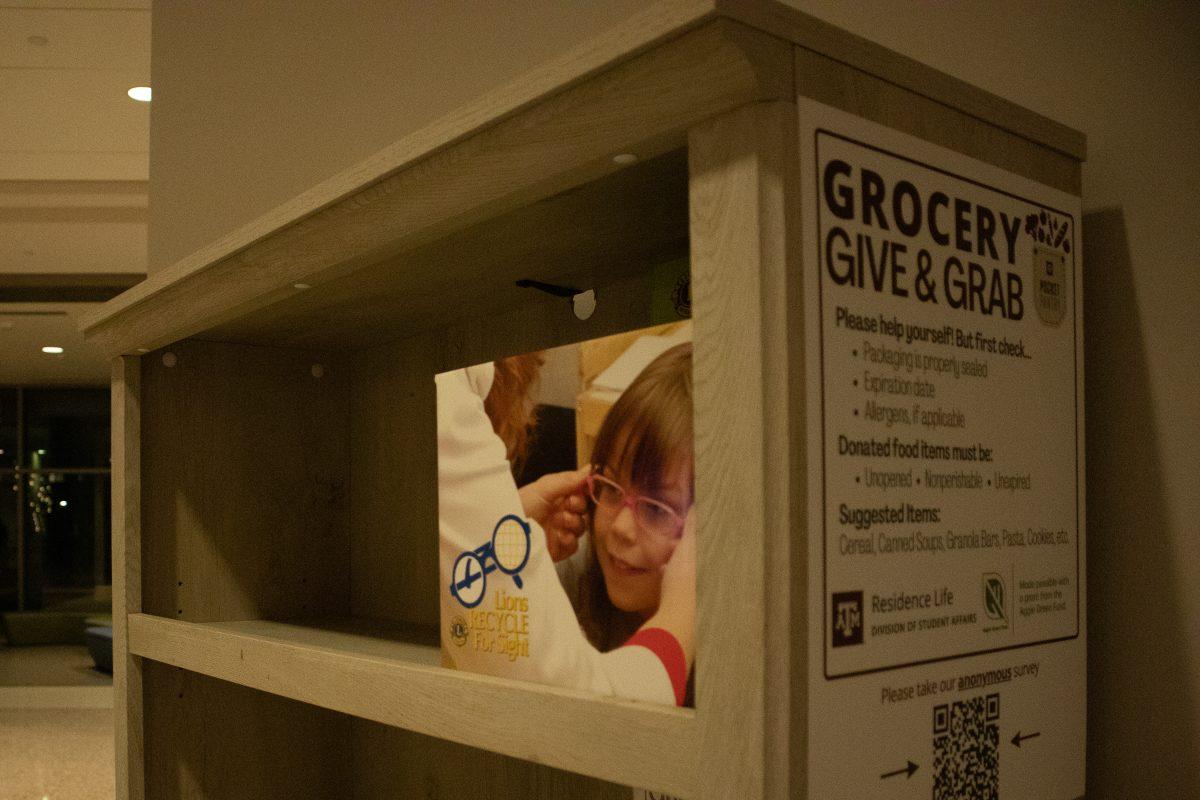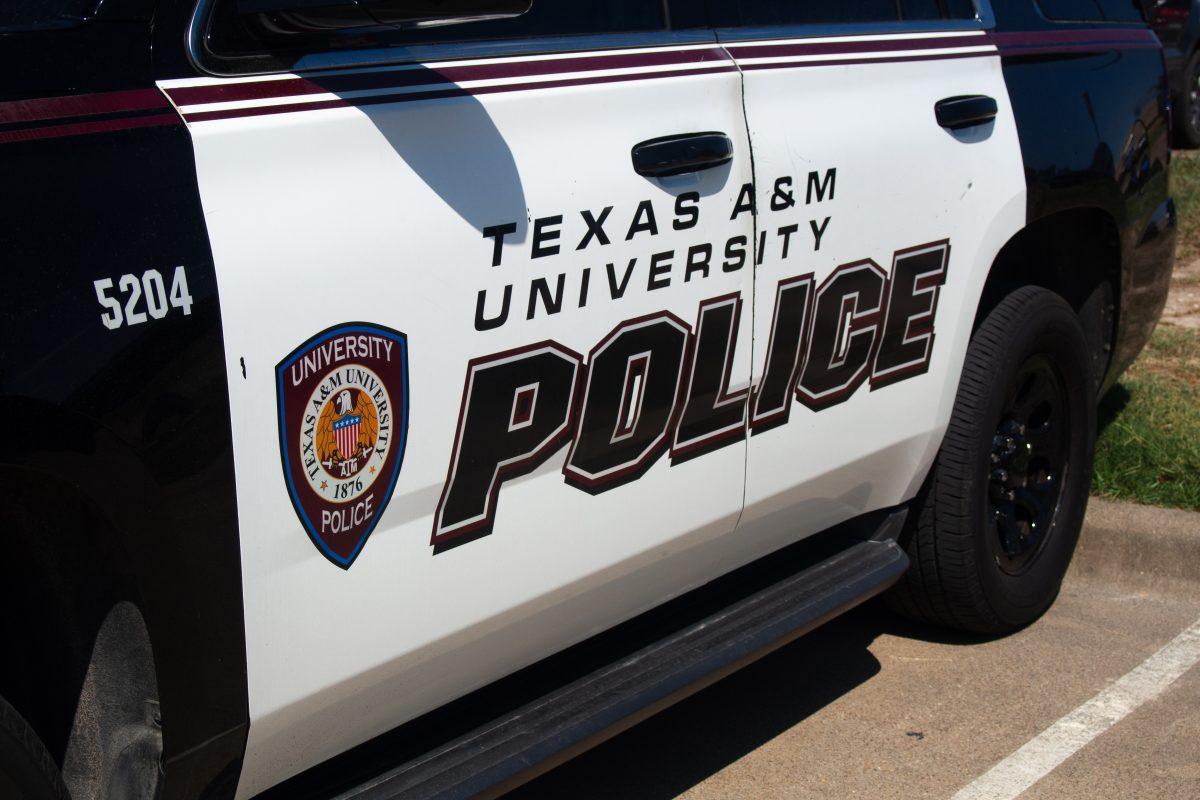Rising tuition, housing and food costs can cause pressure on students’ overall health conditions.
Food insecurity has been an ongoing issue that has largely impacted students who must also manage their education, daily activities and motivation. The Bryan-College Station community continues to provide resources to fight food insecurity such as 12thCan, Brazos Valley Food Bank and Pocket Pantries. Each organization’s mission is to allow students a less stressful college experience that allows them to focus on their education rather than their financial responsibilities.
Agency Relations and Mobile Pantry coordinator Andi Hawthorne said food insecurity can have several effects on a student.
“A lot of times [students] are already on financial aid. They are here away from home trying to go to school, working less than possible to manage their grades,” Hawthorne said. “I think it would be normal unfortunately to [be food] insecure even at a college age.”
Second-year graduate student and assistant coach Lemont Davis works with Student Assistant Services and said when students are not able to meet their basic needs, it affects everything in their lives.
“Food and housing is in that basic need for our students, and when those areas are troubled, it does greatly impact our students both in and outside of the classroom,” Davis said.
Brazos Valley Food Bank Programs director Shannon Avila said food insecurity can place an extra burden on people.
“I vaguely remember being a college student once, there’s enough to juggle in college without having to have that added burden of not knowing when you will be able to eat again,” Avila said.
Hawthorne said it can be difficult for students academically to keep up with their studies.
“It can definitely [have an impact on students] if you don’t have your brain food,” Hawthorne said. “You don’t have your brain [to focus].”
Avila said there are several different initiatives to support those in need when it comes to food insecurity on and around campus.
“[This] can look like donating to organizations to fight food insecurity in their area. On campus there’s the 12thCan food pantry, they are open twice a month to any staff-student or faculty who are experiencing food insecurity,” Avila said. “Donating time, donating money, all of those things help organizations that are distributing to those in need.”
Avila said there’s a project called Month Meals that is organized each school year.
“They make recipes that can be made in a mug or in a microwave meal,” Avila said. “They were doing crockpot meals for a while too.”
Avila said all of the organizations that she works with are entirely volunteer-run.
“A big chunk of our warehouse food is donated food. Our foodbank distributes around 40% of what we send out is produce,” Avila said. “We are always looking for more produce, healthy nutritious stuff so if you have a garden and you have extra produce, we will take it.”
Davis said Student Assistant Services has worked closely with the Swipe Out Hunger program since 2018.
“Aggies on campus in the fall and springtime can donate meals that they do not plan to use or unused meals to the 12thCan,” Davis said. “[This will] allow us to provide those meals out to students the following semester.”
Davis said the Pocket Pantry Program has 14 different on-campus locations including in the Student Assistant Service Building on the second floor.
“Students can come in and get out what bag of groceries [to] help them get through the weekend or even grab a snack,” Davis said. “For our women-identifying students, we also have some feminine products that can help support students that might not have the finances to be able to afford those things.”
Davis said if students don’t feel comfortable reaching out to their roommate, friends or community, the Student Assistant Services website can also be of assistance.
“We do have ‘tell somebody’ reports on [the] Student Assistance Services website [where] students can fill out an anonymous report,” Davis said. “A faculty member can further follow up and check on that student.”









